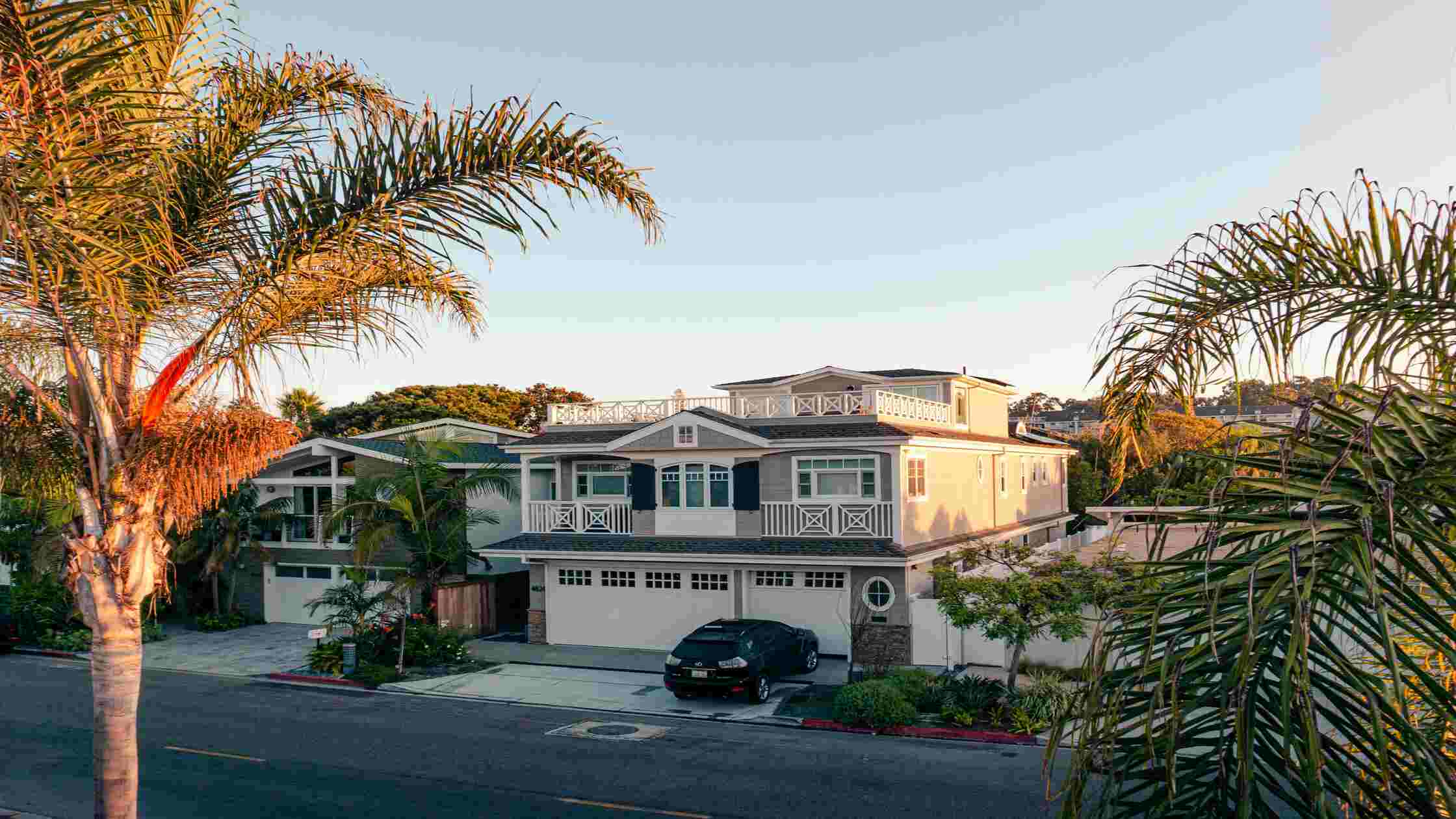Deeply understanding eviction laws in Georgia is essential for both landlords and tenants to understand, as they govern the legal processes involved in removing a tenant from a rental property.
If you are looking for an all-in-one article that can help you know more about these laws quickly, you have come to the right place, and we have what you need. Learning about these complicated rules and regulations will be much easier through this comprehensive article. Let’s read more right below!

Table of Quick Facts
Introduction to Eviction Laws in Georgia
Definition and Importance
Eviction laws or eviction rules in Georgia outline the legal framework for resolving disputes between landlords and tenants. These laws aim to balance and protect the rights of property owners to regain possession of their property with the need to protect tenants from unjust evictions.
Understanding these laws ensures compliance with state regulations and helps prevent costly legal disputes.
Legal Standards in Georgia
Eviction laws in Georgia are governed by state statutes, which set specific requirements for notices, court filings, and procedures. Landlords must strictly adhere to these standards to avoid legal challenges, while tenants can rely on these regulations to safeguard their housing rights.
Reasons for Eviction in Georgia

Understanding the valid reasons for Georgia evictions based on the state’s laws can help both landlords and tenants navigate their responsibilities and rights.
Non-payment of Rent
Failure to pay rent on time is the most common cause of eviction. Georgia law allows landlords to act swiftly when rent is overdue:
-
Immediate Notice to Quit: Landlords can issue a Notice to Quit as soon as rent is late, outlining the overdue amount.
-
Tenant Opportunity to Cure: Tenants can avoid eviction by paying the total amount owed before the landlord files an eviction lawsuit.
-
Court Filing: If tenants fail to pay or respond, landlords may proceed with an unlawful detainer action to regain possession of the property.
Breach of Lease Terms
Violating lease agreements provides landlords with grounds for eviction. Common breaches include:
-
Unauthorized Pets: Keeping pets when explicitly prohibited by the lease.
-
Excessive Property Damage: Significant damage beyond normal wear and tear.
-
Subleasing: Allowing others to reside in the property without landlord approval.
-
Written Notice Requirements: Landlords must provide written notice explaining the lease violation and steps the tenant can take to remedy the situation.
Illegal Use of Property
Engaging in unlawful activities on the rental premises is a serious violation. Examples include:
-
Drug-Related Activities: Using or distributing illegal substances.
-
Unauthorized Commercial Use: Running a business from the property without permission.
-
No Remedy Allowed: In cases of illegal use, landlords may file for eviction immediately without giving the tenant a chance to rectify the violation.
By adhering to these legal standards, landlords ensure compliance with eviction laws in Georgia while tenants gain clarity on actions that may lead to eviction.
The Georgia X-Step Eviction Procedure

What is the eviction process in Georgia? Evictions in Georgia follow a multi-step legal process to ensure fairness and compliance with state law.
Serving the Notice to Quit
The eviction process should begin with a Notice to Quit, a formal written notice that informs/announces the tenant of the landlord’s intention to reclaim the property. The type of notice and its required delivery time depend on the reason for eviction:
-
Non-payment of Rent: Immediate notice.
-
Lease Violation: A reasonable period to rectify the issue.
-
Illegal Activity: Immediate notice without an opportunity to cure.
Filing an Eviction Lawsuit
If the tenant fails to comply with the Notice to Quit, the landlord can file an unlawful detainer lawsuit in the local magistrate court. This involves:
-
Submitting proof of the notice.
-
Paying court filing fees.
-
Serving the tenant with a summons and complaint.
Court Hearings and Orders
During the court hearing, both parties present evidence and arguments. If the landlord proves their case, the court will issue a Writ of Possession. Using that, the landlord has the right to reclaim the property.
Removal Procedures
If the tenant refuses to vacate after the court order, the landlord can enlist the sheriff to enforce the eviction. The sheriff’s office schedules a removal date and oversees the process to ensure compliance.
How To Evict Someone Without A Lease In Georgia?

Evicting a tenant without a formal lease in Georgia involves following specific legal procedures to avoid complications. Even without a written lease, tenants have rights under Georgia law, and landlords must adhere to these guidelines:
Step 1 - Clearly Address The Nature of The Agreements
-
Implied Tenancy: Without a formal lease, the arrangement typically defaults to a month-to-month tenancy if rent is accepted regularly.
-
No Tenancy: If no rent is exchanged, the occupant may be considered a guest or squatter, which involves a different process.
Step 2 - Serve Proper Notice
-
30-day Notice to Quit: For month-to-month tenants, landlords must provide a written 30-day notice to vacate. This allows the tenant sufficient time to leave voluntarily.
-
Immediate Notice: If no rent is exchanged or the person is considered a squatter, landlords may serve notice requiring immediate departure.
Other Steps
From this step, you might follow the flow of filing an eviction lawsuit, court hearings and orders, and removal procedures of the previous section.
Notices and Rent Adjustments
Tenant’s Notice Obligations
Tenants who plan to terminate a lease must provide written notice to vacate under Georgia laws to the landlord. The required notice period depends on the lease terms:
-
Month-to-Month Tenancy: 30 days.
-
Fixed-Term Lease: As stipulated in the rental agreement.
In any circumstances, not providing proper notice may result in penalties, deductions, or loss of the security deposit.
Rent Changes Guidelines for Landlords
Landlords in Georgia must comply with the following when adjusting rent:
-
Notice Requirement: Provide at least 30 days’ notice for rent increases in month-to-month agreements.
-
No Retaliation: Rent increases cannot be used as retaliation against tenants exercising their legal rights.
-
Fair Practices: Ensure rent adjustments align with market rates to avoid disputes.
Summary
All in all, the eviction process in Georgia involves clear legal steps: serving notices, filing lawsuits, and enforcing court orders. Understanding these procedures ensures a fair outcome for landlords and tenants while maintaining compliance with state laws.
Whether dealing with non-payment of rent, lease violations, or illegal activities, following eviction laws in Georgia ensures a transparent resolution for all parties involved.
FAQs
Q1. Do You Have 30 Days After Eviction Notice In Georgia?
No, Georgia law does not guarantee 30 days after an eviction notice. The timeline depends on the notice type. For nonpayment, landlords can file for eviction immediately after a 3–7 day Notice to Quit expires unless otherwise specified in the lease.
Q2. How Long Does An Eviction Take In Georgia?
Evictions in Georgia typically take 2–6 weeks:
- Notice to Quit: 3–7 days for compliance.
- Court Filing: Hearing within 7–14 days.
- Writ of Possession: Issued and enforced within 7 days if the landlord wins.
However, tenant disputes or court delays may extend the timeline.



